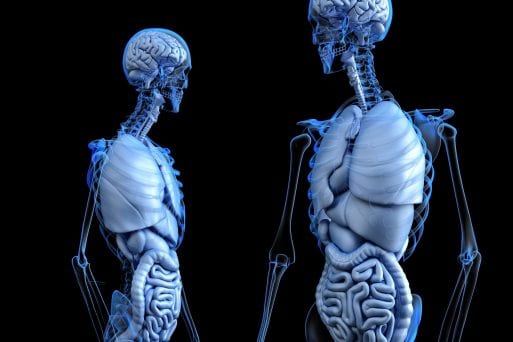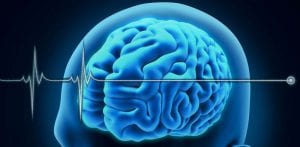
Are we ready to reconsider our very concept of death?
Scientists have restored partial function to 32 pigs’ brains hours after they died – upending our accepted definition of brain death. Using a new system called BrainEx, researchers at the Yale University School of Medicine restored circulation and oxygen flow to the brains of pigs that had been slaughtered for food. While the brains did not display any evidence of consciousness, they did regain the ability to perform some functions, including the intake of glucose and oxygen. The research, published in Nature in April, is raising ethical dilemmas and forcing us to reconsider our very concept of death.
Our definition of death has shifted over the centuries. In a recent article for Scientific American, neurologist Christof Koch outlines this evolution: Humans, once pronounced dead once they stopped breathing and their heart stopped beating, are now also defined as dead once their brains stop functioning. The 1981 Uniform Determination of Death Act defines death as “irreversible cessation of circulatory and respiratory functions” or “irreversible cessation of all functions of the entire brain.” Koch points out that this doesn’t necessarily make the determination of death in an ICU, where brain-dead bodies can be kept going on life support, any easier. “Brain-dead bodies can continue to grow fingernails, to menstruate, with at least some working immune function that allows them to fight off infections,” Koch writes. “There are more than 30 known cases of pregnant brain-dead mothers placed on a ventilator to support gestation of a surviving fetus, born weeks or months (in one case 107 days) after the mother became brain-dead.” And while brains deteriorate quickly without oxygen, some medical cases indicate that the human brain has the capacity to recover from intense trauma.
Research Creates Potential, Poses Dilemmas
Because BrainEx keeps brains from decomposing so quickly, researchers are hopeful that the technology will advance the study of brain disorders and diseases. Yet it comes with a slew of ethical questions – not the least of which is what might happen if consciousness becomes activated. Bioethicist Dr. Stephen Latham, who co-authored the study, said that the team was prepared to address signs of consciousness. “Had that appeared they would have lowered the temperature of the brain and used anesthesia to stop that kind of activity,” he told The Guardian.
But a lack of neural activity doesn’t mean it’s out of the question. The study’s researchers used drugs to suppress neural function but did demonstrate that the neurons were capable of activity by stimulating a small piece of tissue with electricity. “This finding raises a profound question,” Koch writes. “What would happen if the team were to remove the neural-activity blockers from the solution suffusing the brain? Most likely nothing. Just because some individual neurons retain some potential for excitability does not imply that millions and millions of neurons can spontaneously self-organize and break out into an electrical chorus. And yet! It cannot be ruled out that with some kind of external help, a sort of cortical defibrillator, these ‘dead’ brains could be booted up, reviving the brain rhythms characteristic of the living brain.”
Perhaps the most fascinating ethical question of all is what happens if brain death becomes reversible. Such a development would not only overturn our current definition of death, but would also force us to consider an array of complex existential dilemmas, and expand our consideration of what constitutes a good death. As Koch asks, “What would you want done if your child or partner were found drowned or overdosed, without a pulse or breath for hours? Today it is likely that they would be declared dead. Could this change tomorrow with the kind of technology pioneered by the Yale group? Isn’t that a worthwhile goal to pursue?”
One day, these may be questions we will have to answer.

 New Research Raises Questions Around Definition of Brain Death
New Research Raises Questions Around Definition of Brain Death



 First the Wealth Gap, Now the U.S. Has a Growing Health Gap
First the Wealth Gap, Now the U.S. Has a Growing Health Gap
 How to Comfort A Dying Loved One
How to Comfort A Dying Loved One
 Our Annual Seven Holiday Gifts for Someone Who Is Grieving, 2024 Edition
Our Annual Seven Holiday Gifts for Someone Who Is Grieving, 2024 Edition














